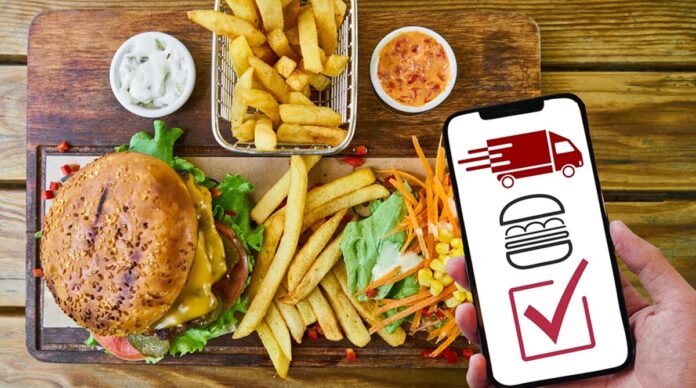– By Mohit Khattar
In a rapidly evolving market, how can QSRs retain their edge and continue to resonate with their customers? The answer may well lie in embracing technology. Technology can serve as that crucial bridge between brands and consumers, enabling richer and more personalized experiences. Understanding and addressing customer needs is essential to thriving in a crowded marketplace. By adopting a localized approach, QSRs can resonate with diverse customer bases and strengthen their ties with the communities they serve. As the QSR landscape evolves, it is becoming clear that technology is not merely an enabler but a driving force for building enduring customer relationships.
The quest for new technological solutions allows brands to stay ahead of the curve, meeting changing consumer demands and adapting to emerging trends. Its increased adoption is revolutionizing how QSR businesses operate, from online deliveries and digital menus to mobile app ordering and cloud kitchens. These innovations are helping shape the customer journey, making it more convenient and more engaging.
Also Read Smart chatbots improving customer interaction on WhatsApp How AI is transforming e-commerce with smarter delivery and marketing cost solutions Companies need to create a culture of learning Rate reduction will make home loans more affordable, boost affordable housing: Developers
Also ReadShapoorji Pallonji sells land in Mumbai for Rs 455 crore
The opportunities are abundant, and the journey towards becoming a tech-forward QSR is both exciting and essential for sustained success in the F&B sector. From streamlined ordering processes and automated kitchen operations to data-driven decision-making, the integration of technology is increasingly becoming a strategic imperative for QSRs. For instance, digital ordering systems are changing the way customers interact with brands, allowing them to place orders seamlessly through mobile apps and online platforms. AI-driven algorithms enhance these systems by personalizing recommendations and predicting customer preferences, which improves convenience and also reduces wait times as well as minimizes human error.
Automated kitchen operations, such as those employed by cloud kitchens, are helping shape the industry too. These kitchens utilize advanced technologies, including ML algorithms, to optimize food preparation processes and manage inventory efficiently. ML models can help in forecasting demand and adjusting inventory in real-time, ensuring consistent quality and minimising waste.
» Read More


